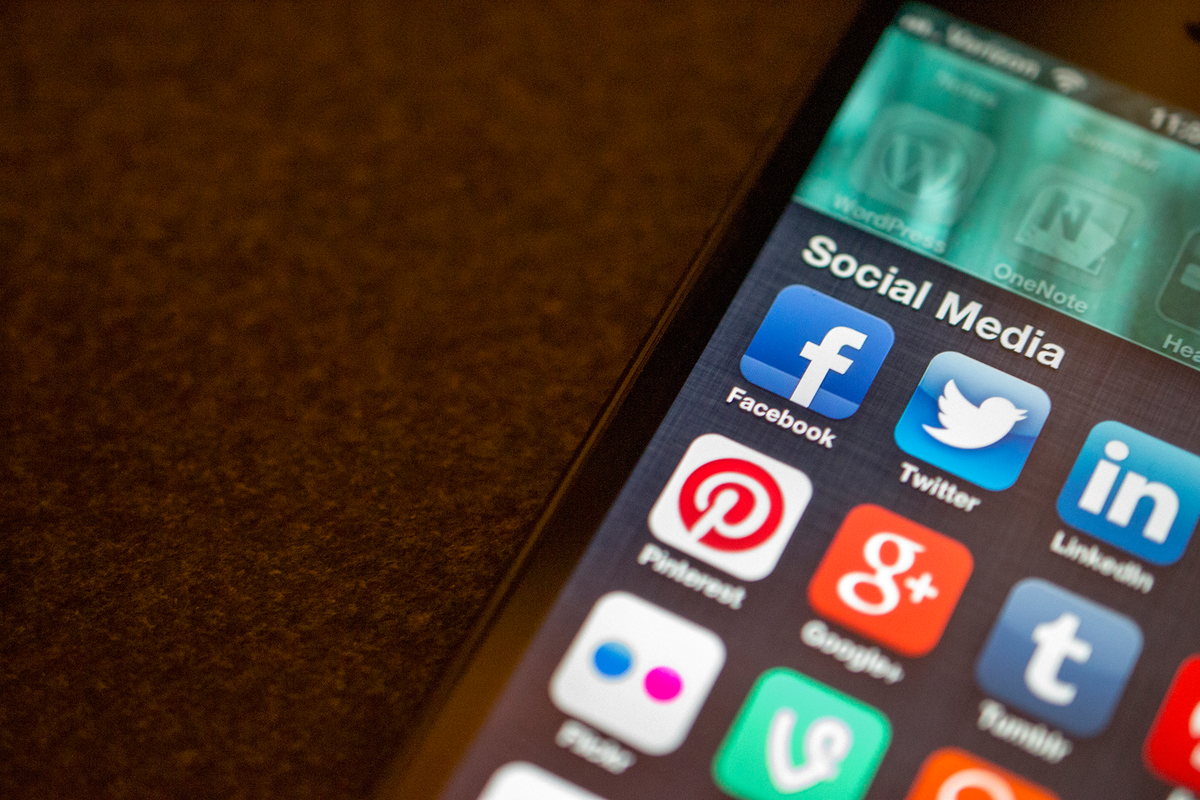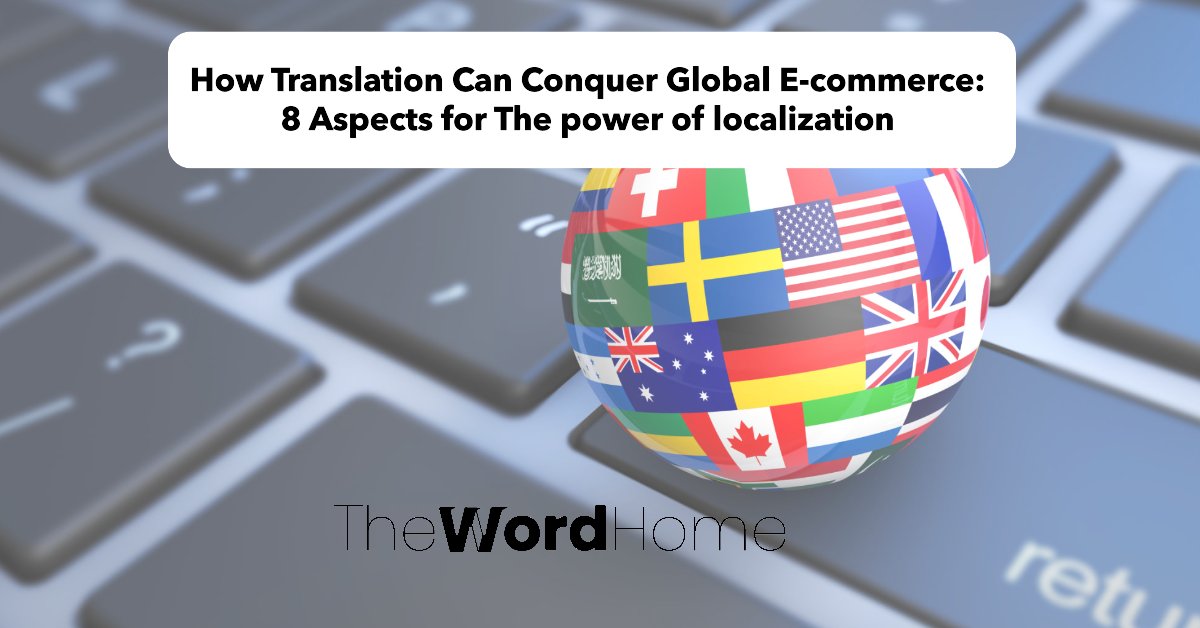Introduction:
Table of Contents
In today’s hyper-connected digital landscape, social media has become an indispensable tool for businesses seeking to reach and engage with their target audience. However, the sheer volume of content and the constant barrage of marketing messages have led to a phenomenon of “noise,” making it increasingly difficult for brands to cut through and make a genuine connection. In this environment, one quality stands out as crucial for sustainable success: authenticity.
This article delves into the profound importance of authenticity in social media marketing, exploring why it resonates with today’s consumers, how it can be effectively implemented, and the tangible benefits it brings to businesses. By understanding and embracing genuine communication and values, brands can cultivate trust, foster loyalty, and ultimately achieve their marketing objectives.
1. The Erosion of Trust and the Rise of Authenticity:
- Consumer Skepticism: The modern consumer is increasingly savvy and skeptical of traditional marketing tactics. Years of carefully curated and often overly polished brand messaging have led to a sense of distrust. People are bombarded with advertisements and sponsored content, making them wary of anything that feels inauthentic or disingenuous.
- The Search for Realness: In contrast, there’s a growing desire for transparency and genuine connection. Consumers are drawn to brands that feel real, relatable, and honest in their interactions. They seek out brands that share their values and communicate in a human, approachable way.
- Social media as a Catalyst: Social media platforms, while sometimes criticized for fostering superficiality, also provide a unique opportunity for brands to showcase their authentic selves. Through direct interaction, behind-the-scenes glimpses, and unscripted content, businesses can build a more personal and trustworthy relationship with their audience.
2. Defining Authenticity in the Context of Social Media Marketing:

- Honesty and Transparency: At its core, authenticity means being truthful about your brand’s values, mission, products, and services. This includes acknowledging mistakes, being transparent about processes, and avoiding misleading claims.
- Consistency: Authentic brands maintain a consistent voice, tone, and visual identity across all their social media platforms and communication channels. This consistency builds recognition and reinforces their genuine character.
- Humanization: Authenticity involves showcasing the human side of your brand. This can be achieved by featuring employees, sharing personal stories, and engaging with followers on a personal level.
- Value-Driven Communication: Authentic brands communicate their core values and stand for something beyond just profit. This resonates with consumers who are increasingly conscious of the social and ethical impact of the brands they support.
- Genuine Engagement: Authenticity is reflected in how a brand interacts with its audience. This means actively listening, responding thoughtfully to comments and messages, and fostering genuine conversations rather than simply broadcasting information.
3. Why Authenticity Matters: The Benefits for Social Media Marketing:
- Building Trust and Credibility: In a world saturated with information, trust is a precious commodity. Authentic brands are perceived as more credible and reliable, fostering stronger relationships with their audience. When consumers trust a brand, they are more likely to engage with its content, recommend it to others, and become loyal customers.
- Data Point: A study by Stackla found that 86% of consumers say authenticity is a key factor when deciding what brands they like and support.
- Fostering Deeper Engagement: Authentic content resonates more deeply with audiences. When brands are genuine, their followers are more likely to comment, share, and actively participate in conversations. This increased engagement leads to higher visibility and a stronger sense of community around the brand.
- Example: A small bakery that regularly shares behind-the-scenes videos of their baking process and interacts personally with customer comments often sees higher engagement than a competitor that only posts polished product photos.
- Cultivating Brand Loyalty: Consumers are more likely to remain loyal to brands they feel a genuine connection with. Authenticity fosters this connection, turning customers into brand advocates who actively promote the business to their networks.
- Case Study: Patagonia, a renowned outdoor clothing and gear company, has built a fiercely loyal customer base by consistently demonstrating its commitment to environmental sustainability and ethical practices. Their authentic messaging and actions resonate deeply with their target audience.
- Improving Brand Differentiation: In a crowded marketplace, authenticity can be a powerful differentiator. By showcasing their unique values, personality, and story, brands can stand out from the competition and attract consumers who align with their ethos.
- Enhancing SEO and Reach: While not a direct ranking factor, authenticity indirectly contributes to better SEO. Higher engagement rates, increased brand mentions, and positive word-of-mouth can all boost a brand’s online visibility and search engine rankings.
- Attracting and Retaining Talent: Authenticity extends beyond customer interactions. Brands that are genuine in their values and culture are also more likely to attract and retain talented employees who feel a sense of purpose and belonging. These employees can then become valuable brand ambassadors on social media.
- Building Resilience During Crises: When a brand has built a foundation of trust and authenticity, it is better positioned to weather potential crises or negative feedback. Customers are more likely to give the benefit of the doubt to a brand they perceive as genuine and transparent.
4. Implementing Authenticity in Your Social Media Marketing Strategy:

- Define Your Brand’s Core Values and Mission: What does your brand truly stand for? What are your guiding principles? Clearly defining these elements will provide a foundation for authentic communication.
- Share Your Brand Story: Every brand has a unique story. Share the journey, the challenges, and the motivations behind your business. This humanizes your brand and makes it more relatable.
- Be Transparent and Honest: Don’t shy away from acknowledging mistakes or being open about your processes. Transparency builds trust and shows that you value honesty.
- Showcase the Human Side of Your Brand: Feature your employees, their stories, and their expertise. This makes your brand feel more approachable and less like a faceless corporation.
- Engage Genuinely with Your Audience: Respond thoughtfully to comments and messages, participate in relevant conversations, and show that you value their input. Avoid generic responses and strive for personalized interactions.
- Create Unfiltered and Real Content: Not every piece of content needs to be perfectly polished. Embrace behind-the-scenes glimpses, user-generated content, and more informal updates to showcase the authentic reality of your brand.
- Be Consistent in Your Voice and Tone: Maintain a consistent brand voice across all your social media platforms and communication channels. This reinforces your brand identity and builds recognition.
- Embrace Imperfection: Authenticity doesn’t mean being perfect. It means being real, flaws and all. Don’t be afraid to show vulnerability or learn from your mistakes publicly.
- Partner with Authentic Influencers: If you choose to work with influencers, ensure that their values align with your brand’s and that their audience trusts their recommendations. Authenticity in influencer marketing is crucial for building credibility.
- Act on Feedback: Show your audience that you are listening by taking their feedback seriously and making changes based on their suggestions. This demonstrates that you value their opinions.
5. Common Pitfalls to Avoid When Striving for Authenticity:
- Trying Too Hard: Authenticity should feel natural, not forced. Overly contrived attempts to appear genuine can backfire and come across as inauthentic.
- Inconsistency: Failing to maintain a consistent voice and message across platforms can erode trust and make your brand appear disingenuous.
- Ignoring Negative Feedback: Pretending negative comments don’t exist or deleting them can damage your brand’s reputation and signal a lack of transparency.
- Using Generic or Robotic Language: Avoid overly corporate or automated responses. Strive for human and personalized communication.
- Faking Engagement: Buying followers or using bots to inflate engagement metrics is a clear sign of inauthenticity and can harm your brand’s credibility in the long run.
- Misrepresenting Your Products or Services: False advertising or misleading claims are the antithesis of authenticity and can lead to legal repercussions and a loss of customer trust.
Conclusion:
In the dynamic and often noisy world of social media marketing, authenticity is not just a buzzword; it is a fundamental pillar for building lasting success. By embracing honesty, transparency, and genuine engagement, businesses can cut through the clutter, cultivate trust, foster loyalty, and ultimately achieve their marketing objectives.
Authenticity allows brands to forge deeper connections with their target audience, turning them into engaged communities and passionate advocates. As consumers increasingly seek out brands that align with their values and communicate with integrity, prioritizing authenticity is no longer a choice but a necessity for thriving in the modern digital landscape.
We encourage businesses of all sizes to reflect on their core values, embrace their unique story, and commit to genuine communication on social media. By doing so, they can unlock the true power of connection and build a sustainable and meaningful presence online.
mediahttps://jspp.psychopen.eu/index.php/jspp/article/view/4761/4761.html

